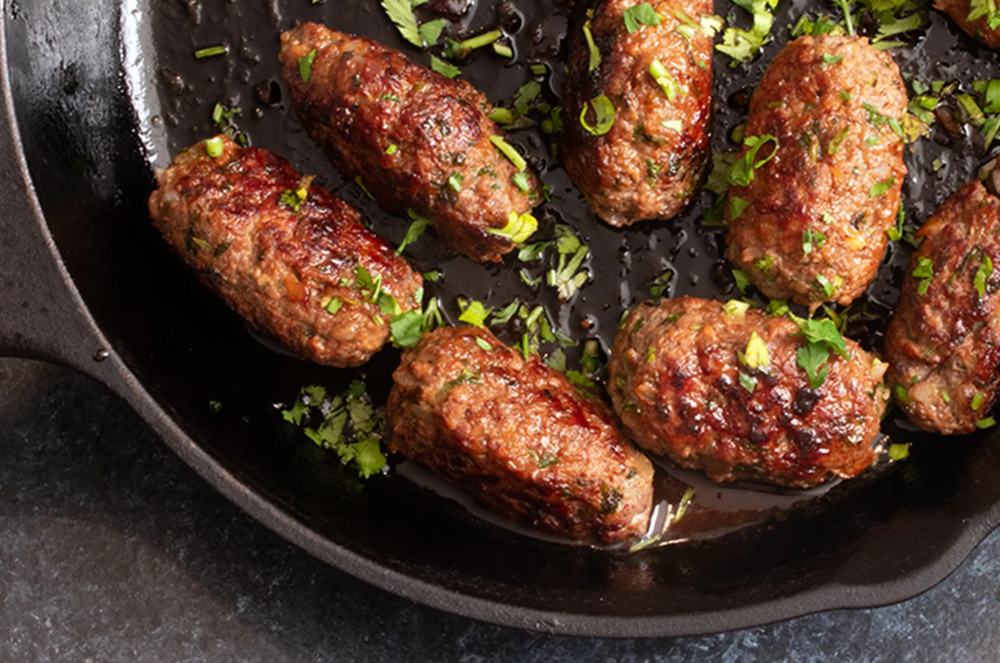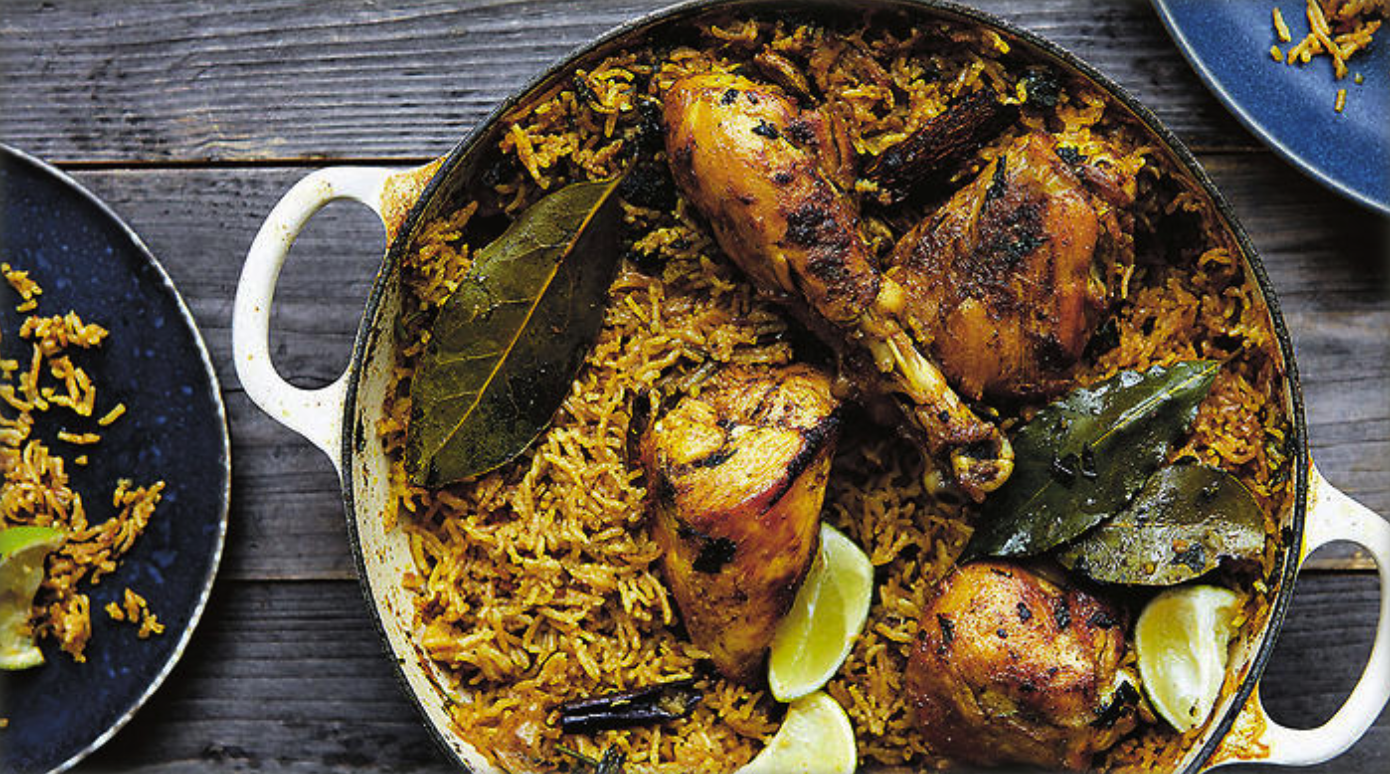Nasreen’s Afghan Orange Peel
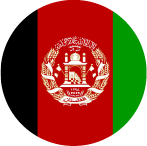 Afghanistan
Afghanistan 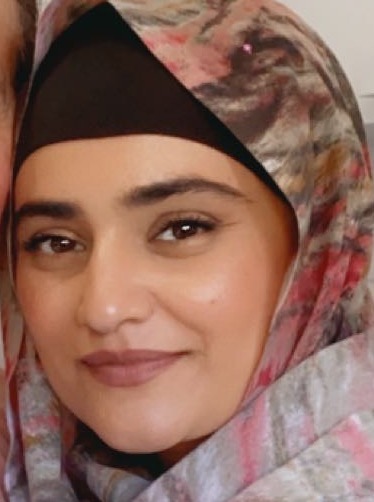
An Approved Counsellor with Victim Services NSW, she is also Clinical Director of private practice My Ability Care in Liverpool, NSW. She is actively involved in the Islamic community as President of Mission of Hope and in her spare time is a wife, mother, daughter, a passionate and adventurous cook and doing a PhD on compassion.
I left Afghanistan when I was five or six years old so for most of my childhood, Afghanistan seemed like a distant memory. I don’t recall much beyond a few very distinctive memories that have remained clear in my memory. Those first few years, I grew up with my cousin and older sister in the same house. I remember our snow fights. I remember sneaking into my grandfather’s bedroom to have breakfast with him. I remember private car rides with tinted windows and army officers taking us places because of my grandfather’s military position. I remember dinner gatherings at my grandfather’s house. And I remember my tiny little self, hiding in the basement of our house because of the rockets that were being fired every night.
My parents decided to leave Afghanistan in the late 1980s, leaving behind their careers, their dreams and their families. The Soviet attack on Afghanistan meant that my father’s life would be in great danger if we stayed. A university graduate in telecommunications and a Colonel in the Afghan army, he had to flee because of his own position in the military and also because his father was one of the most prominent Generals in the Afghan army.
My grandfather Sarjang Zazai was born in Paktia located in the heart of Gardéz. Paktia is a Pashtun tribal area and is considered one of the most stunning places to visit. My grandfather embodied most characteristics that we could only imagine possessing ourselves. The stories that people share about my grandfather are stories that legends are usually made of. His legacy, besides the amount of work he dedicated to his country, was his impeccable character. An activist in action, a writer by interest and a patriot at heart is what I always remember him for. My mother discusses her father in-law with so much joy not just because of who he was as a man but more because of what he stood for as a man. He fought for women’s rights and I wonder if one of the reasons he proposed to have her married to his first-born son, my father, is because he fell in love with her passion for women’s rights. His passion for women’s rights led him to pursue writing a book about feminism, which sadly never got published because of the Taliban occupancy of Afghanistan.
My parent’s marriage, like most arranged marriages in Afghanistan, isn’t the kind of love story you see on television shows. They are worlds apart. My mother, a teacher by profession, and my father, a telecommunication graduate and an officer in the Afghan army, meant that life in our household was always going to be strict. Both my parents possess discipline like no other and were a force to be reckoned with. They dedicated their entire life to ensuring that their children were raised well. My mother’s ability to discipline came from her mother – the matriarch of our family, my beautiful grandmother Banu Shahpoor.
In 2012, my siblings and I went back to Afghanistan with our parents for my brother’s wedding. I only have one brother so you can imagine the hype happening in my family regarding his marriage.
I fell in love with Afghanistan. The country is spectacular in every sense of the word and every family visit meant that we were entertained with food and discussions that triggered my childhood memories. My brother was fortunate enough to travel to Paktia with my dad’s side of the family, but due to the restrictions placed on the area because of Taliban occupancy, women were banned from travelling. My brother was able to visit my grandfather’s grave, something I have always wanted to do.
We grew up in a huge family. I have eight aunties and four uncles and 28 cousins and most of us are married with children and extended families of our own. We all grew up watching our mums and aunties make exceptional foods all the time. I couldn’t pick which auntie’s food I liked the most. I will always remember watching them cook and hoping that one day I could make a dish as tasty as theirs. Everything they did in terms of organising dinner was done to perfection. When we had dinner gatherings, and still now, my mother would go above and beyond to make sure that the house was clean, the food was perfect and the guests left satisfied. I still remember these days when my mother was requested to make her narange palow and pomegranate kofta dish at nearly every dinner gathering we attended. I’m still mastering their skills but one thing I know for sure is that the hospitable nature that all my aunties and uncles possess is inherited from my grandmothers and grandfathers. Banu Shahpoor is my only surviving grandmother. She is 86-years-old now but she still maintains her integrity when it comes to ensuring people are fed whilst in her presence.
I’m so lucky that Banu Shahpoor and all my aunties and uncles – with the exception of one Aunty in Melbourne, one of my dad’s brothers in Russia and one Aunty on dad’s side in Afghanistan – live in Sydney.
After leaving my parents’ house and marrying into my husband Sulaiman’s family, I was embraced by another amazing woman – my beautiful mother-in-law and my now best friend. She made me look at food differently. She cooks with so much passion and her cooking abilities are exceptional. I have tried on numerous occasions but still can’t cook like her.
There is something so unique about eating food made by our parents. The taste, smell and flavours speak differently to me all the time. The first two years of our marriage, I spent living with my in-laws. Ramadan was celebrated differently in terms of how we broke our fast. My mother-in-law presents the most delicious Afghan soup and then a main course that she has cooked with so much love for her family. In my parents’ household, we broke the fast with something deep fried – different but equally as delicious. Since I married, I have never not spent Ramadan with my in-laws, so this year is going to be somewhat surreal.
Food in our family is integral to what makes our family bond. In my household, I have removed all devices to make sure that when people come for dinner or an iftar that we connect with each other and have deep and meaningful conversations. I want my children to understand the importance of family bonding and conversations through food. There is something unique about sharing stories over dinner, learning and perceiving life through someone else’s experiences. This is the type of legacy that I would like to leave behind for my children so they can share the spirit of food, especially in Ramadan, with their own families.
Nasreen
2020
Share this story
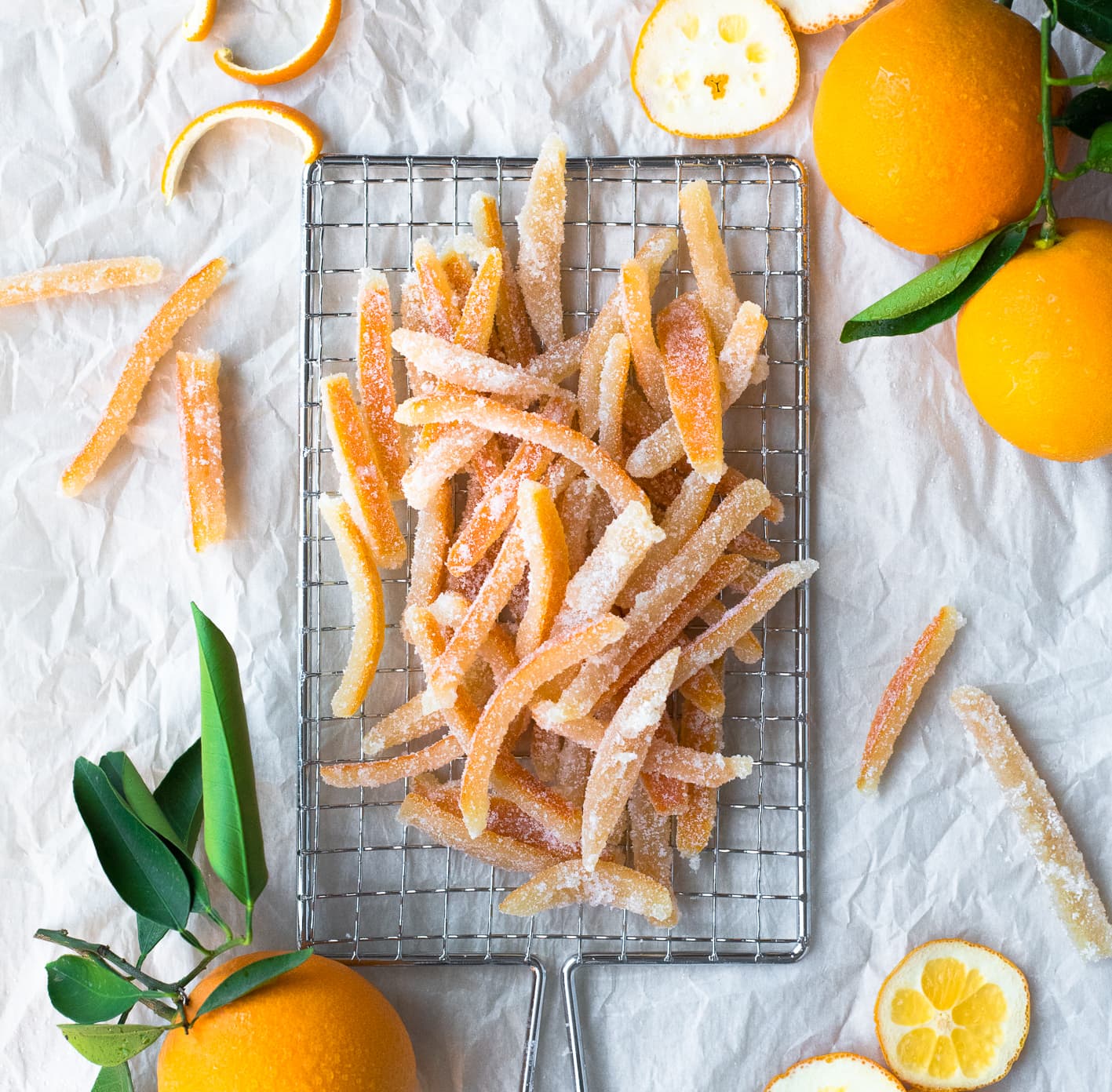
Rinse the oranges. Cut the top and bottom off each and score the skin into quarters.
Remove the skin (both the peel and pith – the white part), and cut the skin into strips about 1/4″ wide. Wrap the oranges in plastic wrap to store for other use.
Blanch the peels: Place the strips of peel in a medium saucepan and cover with cold water. Set the saucepan on the stove over high heat and bring to a boil. Once boiling, drain the water from the peels. Cover with fresh water and repeat this process at least twice more. (This removes the bitterness that orange peel naturally has; you may want to blanch the peels 4-5 times to ensure no bitterness remains.) Once done, drain the water for the last time and transfer the peels to a bowl while prepping the sugar syrup.
In the same (now empty) saucepan, whisk together the sugar and water. Return the saucepan to the stove and bring the mixture to a simmer. Let the mixture cook for 8-9 minutes at a constant simmer, adjusting the heat as needed to make sure it doesn’t boil.
Add the orange peel to the syrup mixture and cook just until the whites (pith) are fairly translucent, adjusting heat as necessary to maintain a simmer and prevent boiling. For me this takes about 45 minutes to 1 hour on medium-low heat, but every stove and pan is different so it’s a good idea to check on them every 10-15 minutes. If necessary, swirl the pan occasionally to make sure that all of the peels get covered with syrup. Avoid stirring, as this will cause crystallation.
Drain remaining syrup from the peels, setting aside for another use if desired. Toss the peels in a bowl of sugar to coat (optional), and then transfer to a drying rack to dry. Once dry, store in an airtight container. These keep well for at least a few months in a cool, dry place.
